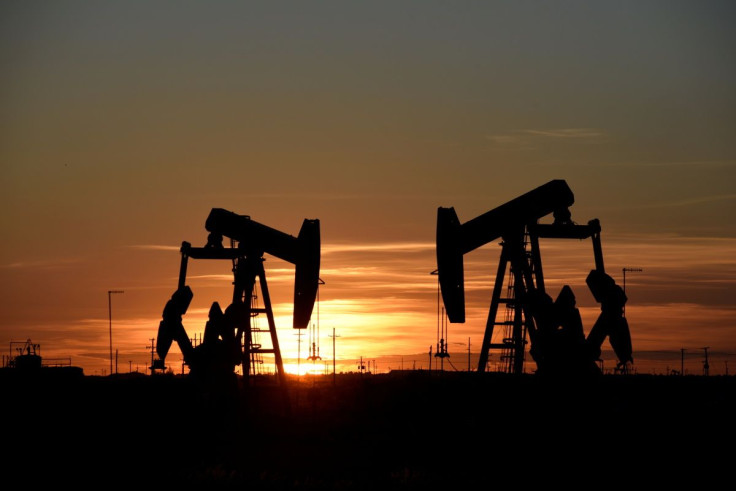Oil Slides As Renewed China COVID Curbs Temper Fuel Demand Outlook

Oil prices fell on Tuesday as fresh COVID-19 curbs in China, the world's biggest crude importer, and fears of a global economic slowdown weighed on the outlook for fuel demand.
Brent crude futures for September had fallen $1.81, or 1.7%, to $105.29 a barrel by 0633 GMT, while U.S. West Texas Intermediate crude for August delivery was at $102.14 a barrel, down $1.95, or 1.9%.
"Growing fears of a recession and continued sluggish demand in China are pulling oil prices lower, though the current supply-demand balances remain precarious," analysts from consultancy Eurasia Group said in a note.
Multiple Chinese cities are adopting fresh COVID-19 curbs, from business halts to lockdowns, to rein in new infections as the highly infectious BA.5.2.1 subvariant appears in the country.
"While China may take a more targeted approach in trying to squash any outbreak, we will need to see how this plays out given the country's COVID zero policy," said Warren Patterson, head of commodity research at ING.
However, fundamentals were constructive, considering the tight supply situation, which was set to continue for at least the remainder of the year, he said, adding that this would limit downside in prices.
Western sanctions on Russia over the war in Ukraine, which Russia calls a "special military operation", have disrupted trade flows for crude and fuel.
U.S. Treasury Secretary Janet Yellen is in Asia to discuss ways of further strengthening sanctions, including setting a price cap on Russian oil to limit Moscow's profits and help lower energy prices.
International Energy Agency Executive Director Fatih Birol said any price caps on Russian oil should include refined products.
"My hope is that the proposal, which is important to minimise the effect on the economies around the world, gets buy-in from several countries," Birol told Reuters in an interview on the sidelines of the Sydney Energy Forum.
Oil prices also fell as worries of a disruption at the Caspian Pipeline Consortium's system (CPC) eased after a Russian court Monday overturned an earlier ruling suspending operations at the pipeline for 30 days.
However, traders and analysts remain fearful that Russia will suspend the pipeline, which carries oil from Kazakhstan to the Black Sea. Suspension could disrupt 1% of global crude supply.
Additionally, spare capacity at the Organization of the Petroleum Exporting Countries is running low, with most of the producers pumping at maximum capacity.
U.S. President Joe Biden would make the case for greater oil production from OPEC when he met Gulf leaders in Saudi Arabia this week, White House National Security Adviser Jake Sullivan said on Monday.
"Little hope is being assigned to Biden's visit to Saudi Arabia unlocking more production from them or the UAE (United Arab Emirates)," said Jeffrey Halley OANDA's senior market analyst for Asia Pacific said in a note.
"The price is likely to be very high to achieve that."
In the United States, crude and gasoline inventories were seen down last week, while distillate stockpiles likely rose, a preliminary Reuters poll showed on Monday. [EIA/S]
© Copyright Thomson Reuters 2024. All rights reserved.







